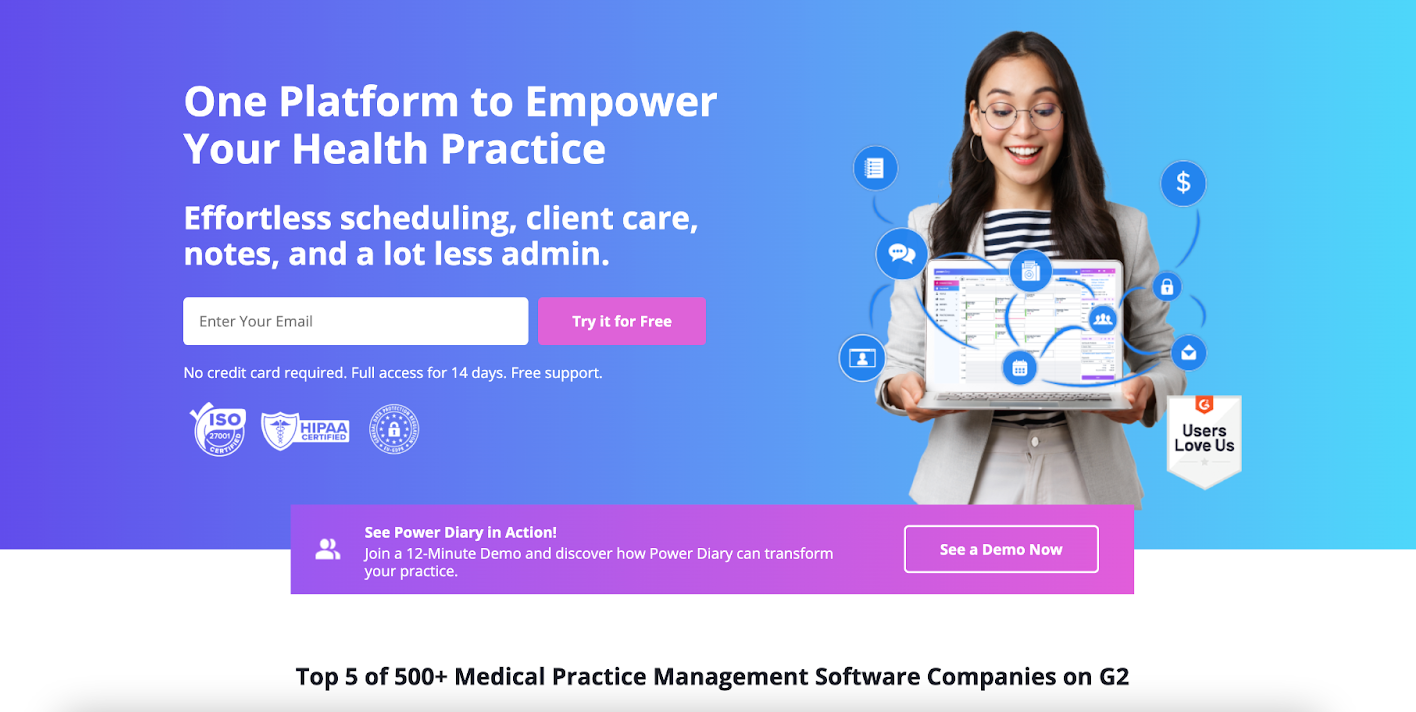Within today's rapidly evolving healthcare landscape, the importance of practice management software cannot be overstated. With medical practices face growing demands from compliance issues, rising patient expectations, and the need for operational efficiency, the right technology has emerged as crucial for sustaining success and fostering growth. Practice management software offers a holistic solution that simplifies processes, enhances communication, and improves overall patient care.
As we look to the future, the integration of advanced practice management software is critical for any medical practice aiming to thrive in the future. By mechanizing routine tasks, facilitating enhanced patient engagement, and providing important data insights, this software equips healthcare professionals with the tools they need to enhance their operations and focus on what truly matters: delivering exceptional patient care. As we delve deeper into the transformative potential of practice management software, it becomes apparent that embracing this technology is not just a trend but a necessity for success down the line in the medical field.
Benefits of Practice Management Software

A primary benefits of practice management software is its capability to simplify operations inside a medical practice. By automated routine tasks such as scheduling appointments, invoicing, and patient communication, healthcare providers can significantly reduce office burdens. This allows staff to focus more on patient care instead of getting bogged down in paperwork, ultimately improving the overall efficiency of the practice.
A further benefit is the improvement in patient experience. With practice management software, patients can easily schedule appointments via the internet, receive reminders, and access their medical records. Such convenience not only promotes better interaction between patients and providers and leads to higher patient satisfaction and retention. When patients feel valued and supported, they are more likely to stay loyal to their healthcare provider.
Finally, practice management software offers robust reporting and analytics features that allow medical practices to track performance metrics and make informed decisions. Through analyzing data related to patient demographics, appointment trends, and revenue performance, practice owners can identify areas for improvement and growth. This data-driven approach enables practices to adapt to changing healthcare landscapes and contributes to long-term sustainability in the industry.
Key Features to Consider
While reviewing practice management software, one of the most crucial features to consider is its appointment scheduling features. A reliable appointment management system should facilitate healthcare professionals to manage appointments efficiently, cut down on no-shows, and streamline staff allocation. Look for software that offers features such as automatic reminders for patients, the ability to process cancellations, and flexibility in appointment types, which can significantly enhance the day-to-day operations of a healthcare facility.
Another important aspect, consider the billing and invoicing functionalities integrated into the software. Effective billing systems can enhance the claims submission process, monitor payments, and manage patient accounts all in one platform. Features like automatic billing, insurance verification, and customizable invoicing can minimize errors and expedite revenue cycles, allowing practices to prioritize patient care rather than administrative burdens.
In conclusion, consider the reporting and analytics capabilities of the practice management software . Access to comprehensive analytics can provide valuable insights into practice performance, patient demographics, and financial health. Look for tools that can generate customizable reports to help spot trends, measure staff productivity, and refine decision-making. These insights are crucial for practices aiming for long-term growth and improved patient outcomes.
Emerging Developments in Practice Administration
As technology continues to progress, the upcoming of healthcare management applications will emphasize on combining artificial intelligence and machine learning. These developments will allow healthcare providers to simplify routine tasks, such as booking sessions, overseeing payments, and handling recommendations. By examining data trends, AI can assist pinpoint inefficiencies and propose solutions, giving healthcare providers additional time to concentrate on patient care rather than administrative tasks. This transition towards smart systems is expected to enhance operational effectiveness and cut costs significantly.
Another key trend is the increasing importance on telemedicine and virtual patient monitoring options within practice management software. With the rise of virtual care, healthcare providers are predicted to integrate solutions that seamlessly incorporate telehealth options. This encompasses virtual visits, immediate health tracking, and secure messaging systems. As an increasing number of patients prefer receiving care from the comfort of their houses, software that facilitate these features will become vital for practices looking to satisfy evolving patient needs and regulatory requirements.
Lastly, interoperability will be a key priority in the next of practice management applications. As healthcare networks become increasingly linked, the ability to exchange patient data confidentially across multiple systems will be essential. This implies applications must not only be effective enough to oversee a practice's internal operations but also adaptable in integrating with other health information networks. Ensuring smooth communication between different healthcare entities will enhance coordination of care, leading to higher patient outcomes and effective healthcare delivery.
